Many nations invest in technology, but only a handful are consistently reshaping how people live, work, and communicate. These places prioritize research, push digital infrastructure, and adapt quickly to emerging tools without waiting for trends to prove themselves.
This list highlights countries where advanced tech is already woven into daily systems through public services, education models, industrial shifts, and city planning. Progress shows up in how effective their innovations become, not in how loud the announcements are.
South Korea

Credit: Getty Images
South Korea averages over 120 Mbps download speeds nationwide, and some households even get 10 Gbps connections. Beyond internet speed, Samsung leads in semiconductor tech, while Seoul's public transport runs with facial recognition and AI. Government R&D spending accounts for approximately 4.8% of GDP, one of the highest rates globally.
Japan

Credit: Getty Images
There's a vending machine for almost everything in Japan, including hot meals and umbrellas. But the real tech magic is behind the scenes. The robotic caregivers in hospitals and autonomous drones conducting delivery trials seamlessly integrate automation into everyday life. They also own over 20% of all industrial robots worldwide, which is a significant share.
Germany
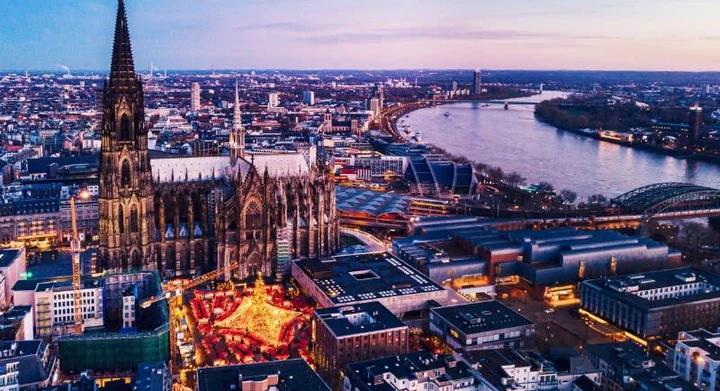
Credit: Getty Images
In Germany, engineering comes with futuristic tech. The "Industry 4.0" blueprint is transforming factories into fully automated hubs with AI-driven processes. The country has also been at the forefront of hydrogen fuel research and is advancing autonomous driving technology through major carmakers such as Mercedes-Benz and Audi.
United States
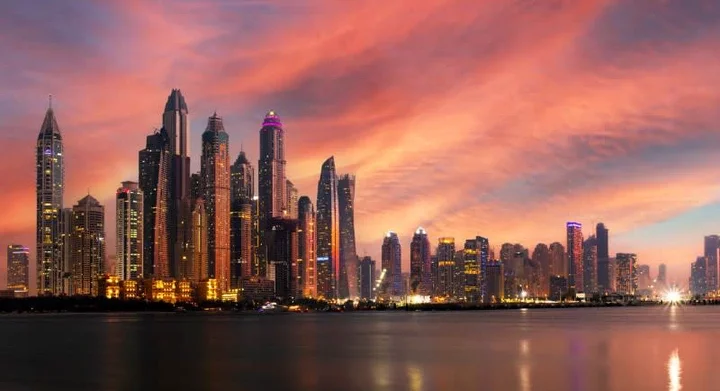
Credit: pexels
From Google's AI to NASA's Mars rovers, the United States does tech at full throttle. Over $700 billion goes into research annually, and the startup scene produces unicorns practically every week. MIT, Caltech, and Stanford churn out talent that feeds innovation across every industry. The country also owns more tech patents than any other.
China
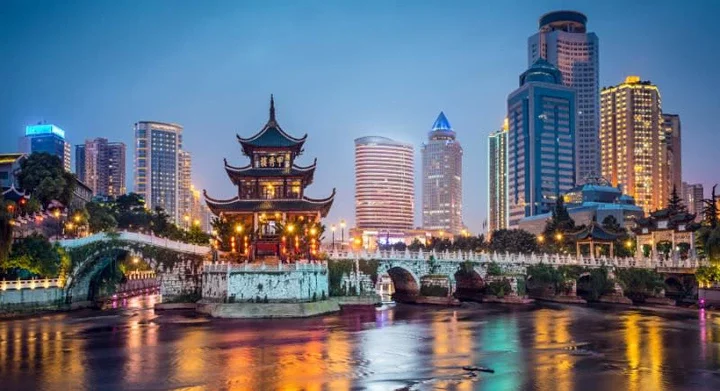
Credit: Getty Images
If you've scanned your face to pay for noodles, you've likely seen a slice of Chinese tech. The government's been pouring billions into AI, quantum computing, and the 5G rollout. Over 90% of the world's solar panels are manufactured here, and the country has developed its own GPS system, BeiDou, which now rivals the American one.
Singapore

Credit: Canva
Singapore is not just clean streets and order. Smart lampposts, real-time traffic sensors, and digital ID systems let citizens access over 1,000 public services. Singapore treats tech like city infrastructure. Its push into biotech and AI is backed by strong public funding, and autonomous vehicle testing happens right in the middle of town.
Sweden
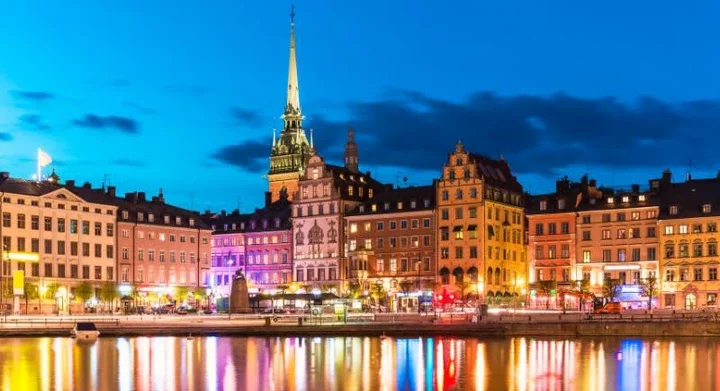
Credit: Getty Images
Spotify's home base is just part of the picture. Sweden's nearly cashless economy, public embrace of e-services, and aggressive climate tech investments make it one of Europe's most forward-thinking economies. Its government set up digital literacy programs years before it became trendy, and now even rural towns have access to fiber internet and AI-powered public services.
Israel

Credit: Getty Images
Startup density in Israel beats most big countries, with over 6,000 tech startups across a country smaller than New Jersey. Tel Aviv thrives on cybersecurity innovation, many born from IDF units. Companies like Mobileye, which powers driver-assist systems in modern cars, started here and now influence how autonomous vehicles navigate traffic.
Finland
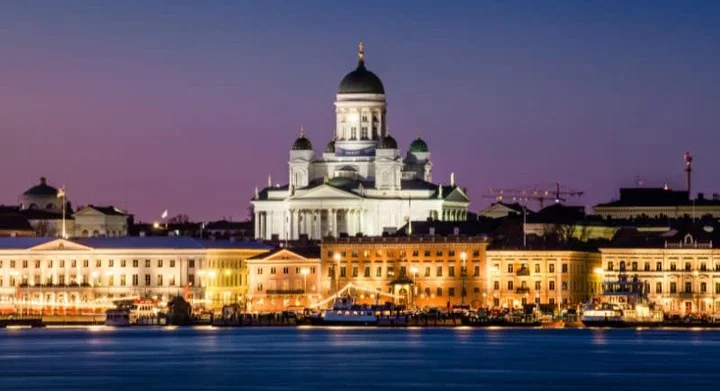
Credit: pexels
Finland is where tech's baked into the culture. The country's been experimenting with basic income through AI-managed public welfare. Their universities collaborate closely with the tech industry to build out 6G protocols. Moreover, Helsinki has a city-wide app that lets residents pay for transportation and access government services all in one place.
Switzerland

Credit: Getty Images
Considering it's home to CERN's Large Hadron Collider, Switzerland goes big on science. Zürich and Lausanne are hotspots for machine learning and medtech startups. It invests about 3.4% of its GDP into R&D and has one of the most educated tech workforces in Europe. It's also the go-to hub for biotech patent filings worldwide.
Canada

Credit: Getty Images
AI researchers around the world keep referencing work done in Toronto and Montreal. That's because Canada bet early on deep learning - and it's paying off. The Vector Institute and CIFAR-backed programs have pushed Canada into the AI spotlight. Additionally, government grants and visa programs make it easy for global talent to establish a presence.
France

Credit: Getty Images
Autonomous trains, drones that inspect nuclear plants, and 3D-printed housing projects are all happening in France. Their R&D budget exceeds $60 billion annually, and Paris is abuzz with startups working in everything from green tech to defense. CNRS and INRIA, the research bodies, back thousands of innovations annually across different tech sectors.
United Kingdom

Credit: Getty Images
Quantum computing and AI ethics might sound far out, but they're top priorities in the United Kingdom. Cambridge and Oxford help shape much of Europe's scientific progress, while London remains a fintech powerhouse. Since 2021, the UK's poured billions into its national AI and space tech strategies, both attracting major international investment.
Netherlands
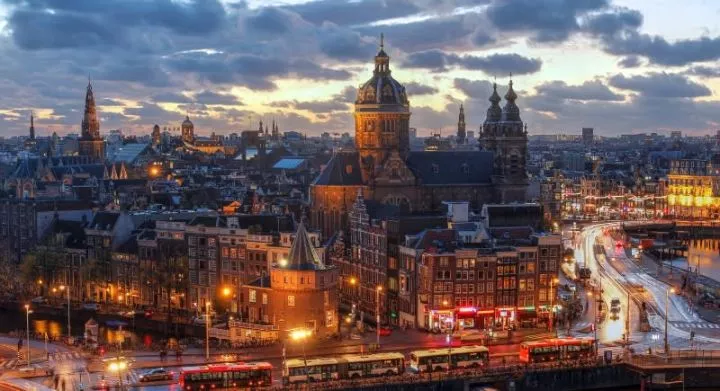
Credit: Getty Images
Bikes, canals, and... photolithography machines? Yep. The Netherlands is home to ASML, the only company in the world that manufactures machines to etch the tiniest circuits onto chips. That one firm powers devices worldwide. Cities like Rotterdam are equipped with AI-assisted traffic systems, while wind-powered data centers demonstrate how green and high-tech can work in tandem.
Australia

Credit: pixabay
The Land Down Under has been low-key innovating for years. The CSIRO invented Wi-Fi, and now it's working on climate prediction systems powered by AI. Remote healthcare via satellite tech supports communities deep in the Outback. And with Melbourne and Sydney rapidly building out tech incubators, Australia's becoming a serious player in robotics and clean energy.








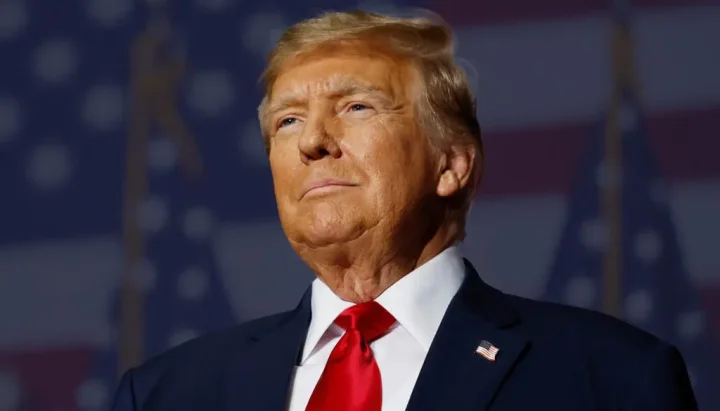







Comments